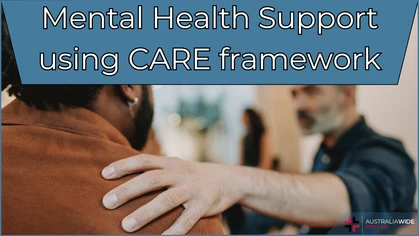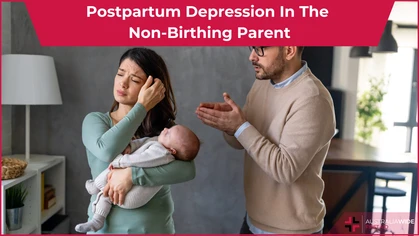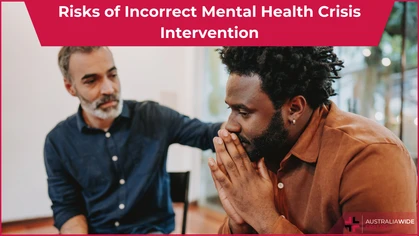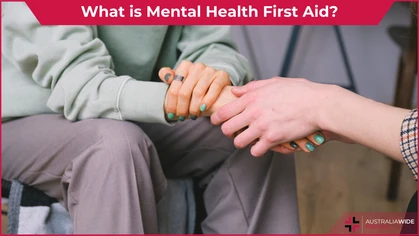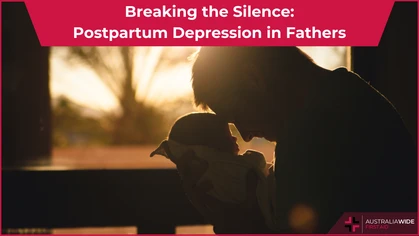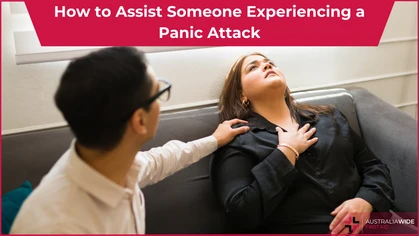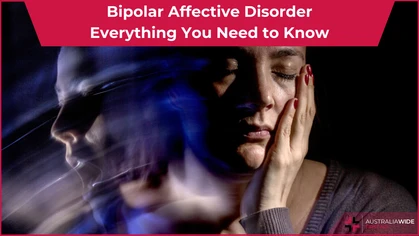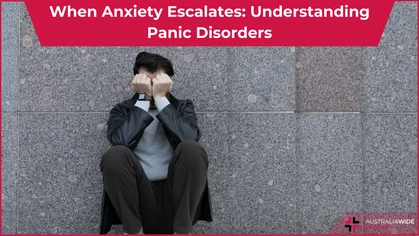Mental Health in Children

Mental Health
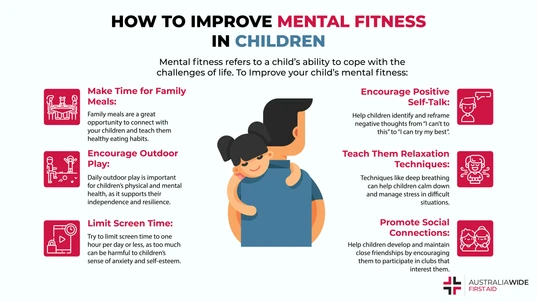
Mental fitness is just as important as physical fitness. Just like our muscles, our minds need to be exercised in order to stay healthy. Mental fitness is important for children because it can help them to cope with difficulties in their lives.
Mental fitness is just as important as physical fitness, and it's something that we should be working on throughout our lives. Just like our muscles, our minds need to be exercised in order to stay healthy. Unfortunately, many of us take our mental health for granted until something goes wrong. In this post, we'll discuss some ways to help children develop mental fitness and resilience to mental illness.What is mental fitness in children?
Mental fitness refers to the ability to cope with and adapt to stressful situations. It includes skills such as problem-solving, self-regulation, and emotional resilience. These skills are important not only for dealing with day-to-day stresses but also for managing more serious mental health issues should they arise. Mental fitness simply refers to a child's ability to cope with the demands and challenges of life. It's about having the mental strength to deal with whatever comes our way, whether that's an illness, bereavement, family problems, or anything else. Children aren't born with mental fitness; it's something that needs to be developed over time. Mental fitness isn't about being perfect; it's about having the ability to keep going even when things are tough. Just like physical fitness, mental fitness requires regular exercise and training.Why is mental fitness important in children?
Mental fitness is important for children because it can help them to cope with difficulties in their lives. If a child has good mental fitness, they'll be more likely to bounce back from setbacks and be resilient in the face of adversity. This is particularly important for children who are at risk of developing mental illness. In modern society, mental fitness is even more critical for our children. With the rise of social media and the 24-hour news cycle, children are constantly bombarded with images and stories of violence, terrorism, and natural disasters. This can lead to anxiety and worry, particularly in younger children who may not have the mental resilience to cope.Statistics in children
It is estimated that one in seven children aged 4-17 years old have a mental illness. This means that supporting children to develop mental fitness should be a key priority for all adults. Mental illness is a broad term that covers a range of disorders, including anxiety, depression, and conduct disorder. In children, mental illness can manifest as tantrums, withdrawn behaviour, or problems at school. If left untreated, mental illness can have a profound impact on a child's development and their ability to lead a fulfilling life.Identifying mental illness in children
The first step in supporting a child with mental illness is to identify the problem. This can be difficult, as many children will try to hide their symptoms for fear of being seen as different or weak. However, there are some signs that you can look out for:- withdrawal from friends and family
- changes in eating or sleeping patterns
- sudden outbursts of anger
- problems concentrating or focusing
- persistent worry or anxiety
- low mood or sadness
How can parents support mentally fit children?
There are many ways that parents can support their children in developing mental fitness. Here are some ideas:- Make time for family meals: Family meals are a great opportunity to connect with your children and teach them healthy eating habits.
- Encourage outdoor play: Outdoor play is important for children's physical and mental health. Make sure to encourage your children to get outside every day, even if it's just for a short while.
- Limit screen time: Too much screen time can be harmful to children's mental health. Try to limit screen time to an hour or less per day.
- Teach coping skills: It's important to teach children how to deal with difficult emotions.
- Encouraging positive self-talk: Help children identify and reframe negative thoughts into more positive ones. For example, instead of “I can’t do this”, encourage them to think “I can try my best and learn from my mistakes”.
- Helping them to develop a growth mindset: A growth mindset is a belief that intelligence and ability can be developed. This is in contrast to a fixed mindset, which holds that these things are set in stone. Helping children to develop a growth mindset will encourage them to see challenges as opportunities for learning and improvement, rather than as threats to their self-esteem.
- Teaching them relaxation and breathing techniques: These can help children to calm down and manage stress in difficult situations. There are many different techniques that can be used, so it’s important to find one that suits your child’s needs and personality.
- Encouraging physical activity: Exercise has many benefits for mental health, including reducing stress and improving mood. It’s important to encourage children to get active in a way that they enjoy, as this will make it more likely that they will stick with it in the long term.
- Promoting social connections: strong social relationships are protective for mental health. Help children to develop and maintain close friendships by encouraging them to participate in activities and clubs that interest them.
When to seek help
If you are concerned about your child's mental health, it is important to seek professional help. This can be from a GP, psychologist, or other mental health professional. You can also contact one of the many helplines available, such as Lifeline (13 11 14) or Headspace (1800 650 890).First Aid for Children
If you are interested in learning more about how to provide first aid for children, Australia Wide First Aid offers a First Aid course that supports parents in responding to medical emergencies in their children. Contact us today to find out more or book a course. If you are concerned about a child’s mental health, please seek professional help. In Australia, you can contact Kids Helpline on 1800 55 1800 or Headspace on 1800 650 890. These services are free and confidential.Mental Health Support
Understanding mental health through education is the cornerstone of breaking stigma and fostering supportive communities. Without this knowledge, outdated beliefs can prevent people from accessing the care they deserve. Mental health is as essential to wellbeing as physical health. Spotting the early signs of mental ill-health ensures that individuals can access the right support before situations escalate into crises. By taking a Mental Health Support Course , you’ll gain valuable insights and practical tools to make a meaningful difference in the lives of those facing mental health challenges.
Originally published at
https://www.australiawidefirstaid.com.au/resources/mental-health-in-children
as part of the Australia Wide First Aid Articles Library

